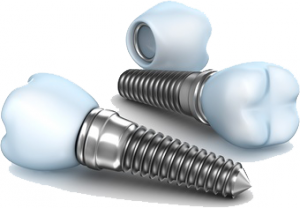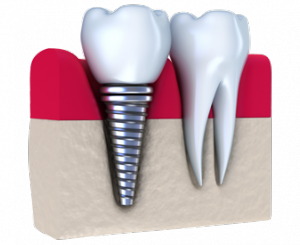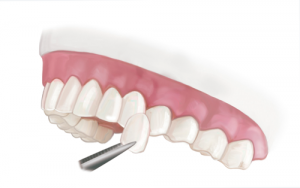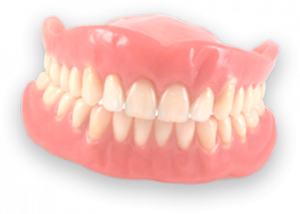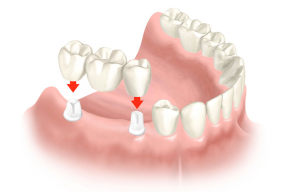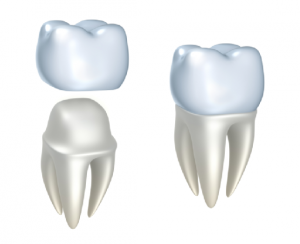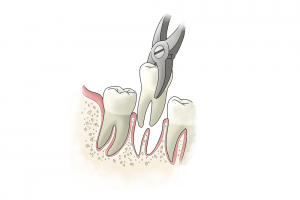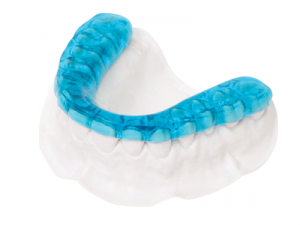Whitening
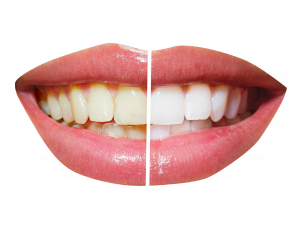 Tooth whitening can be a very effective way of lightening the natural color of your teeth without removing any of the tooth surface. It cannot make a complete color change, but it may lighten the existing shade.
Tooth whitening can be a very effective way of lightening the natural color of your teeth without removing any of the tooth surface. It cannot make a complete color change, but it may lighten the existing shade.
There are a number of reasons why you might get your teeth whitened. Everyone is different; and just as our hair and skin color vary, so do our teeth. Very few people have brilliant-white teeth, and our teeth can also become more discolored as we get older.
Your teeth can also be stained on the surface by food and drinks such as tea, coffee, red wine and blackcurrant. Smoking can also stain teeth.
‘Calculus’ or tartar can also affect the colour of your teeth. Some people may have staining under the surface, which can be caused by certain antibiotics or by tiny cracks in the teeth which take up stains.
What does tooth whitening involve?
Professional bleaching is the most usual method of tooth whitening. We will be able to tell you if you are suitable for the treatment, and will supervise it if you are. We will put a rubber shield or a gel on your gums to protect them, then we’ll apply the whitening product to your teeth, using a specially made tray which fits into your mouth like a mouthguard.
The ‘active ingredient’ in the product is usually hydrogen peroxide or carbamide peroxide. As the active ingredient is broken down, oxygen gets into the enamel on the teeth and the tooth color is made lighter.
The total treatment can usually be done within three to four weeks.
How long will my teeth stay whiter?
The effects of whitening are thought to last up to three years. However, this will vary from person to person. The effect is less likely to last as long if you smoke, or eat or drink products that can stain your teeth.
Tooth whitening can only lighten your existing tooth color. Also it only works on natural teeth. It will not work on any types of ‘false’ teeth such as dentures, crowns and veneers.
How can I look after my teeth once they have been whitened?
You can help to keep your teeth white by cutting down on the amount of food and drinks you have that can stain teeth. Don’t forget, stopping smoking can also help prevent discoloration and staining.
We recommend the following tips to take care of your teeth:
- brush your teeth last thing at night and at least one other time during the day, with a fluoride toothpaste
- cut down on how often you have sugary foods and drinks
- visit us regularly for checkups and consultations
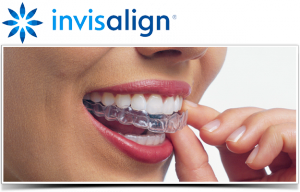
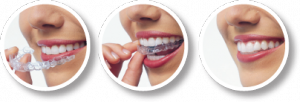
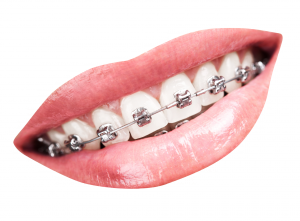
 e up with the answers alone.
e up with the answers alone.